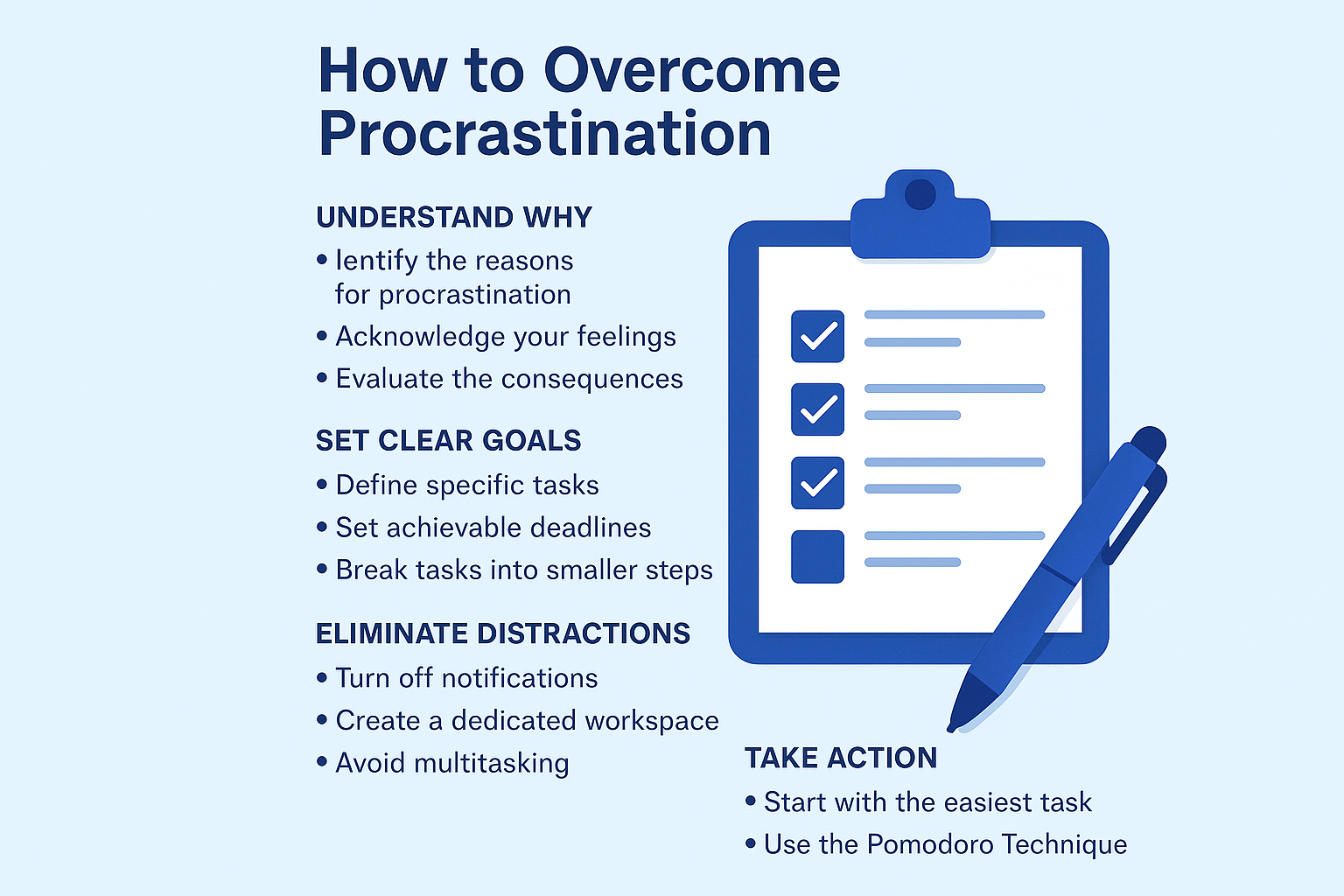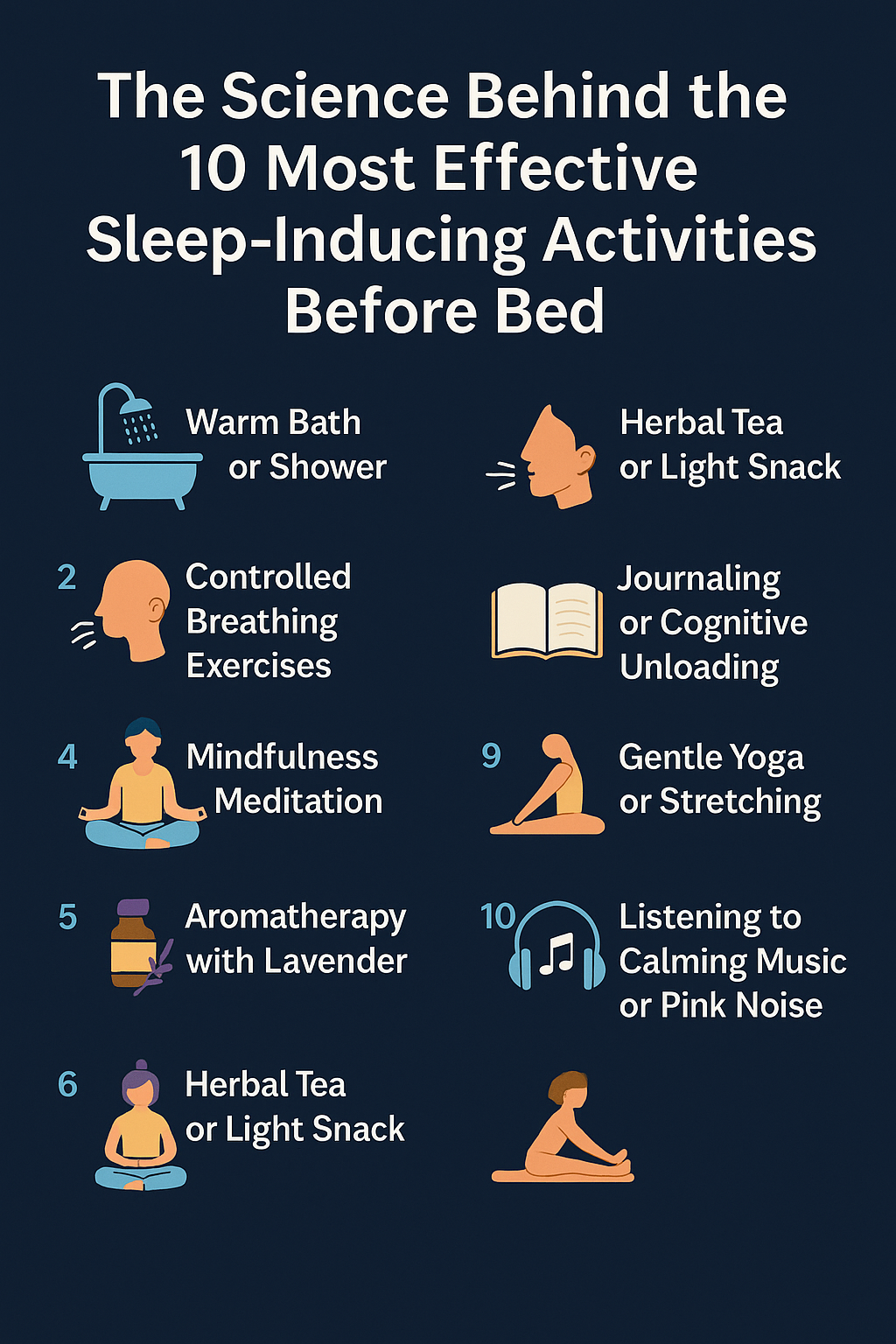Having a pleasant attitude about life is only one part of positive thinking. It’s a scientifically proven approach to transform how your brain operates, make you stronger emotionally, and help you become a better person. There has been a lot of research in psychology and neuroscience on The Power of Positive Thinking. They have discovered that our thoughts can change how we feel, what we do, and even our health. We may actively create positivity and get rid of limiting ideas by utilizing affirmations, which are short, powerful phrases that represent the reality we seek. This will help us become the best we can be. This essay will show you how 10 well chosen affirmations may alter your life by using research, expert opinions, and practical advice.
Why You Should Always Have a Good Attitude
The Study of Hope
Your brain releases neurotransmitters like serotonin and dopamine when you think positively. These chemicals not only make you feel better, but they also help you learn, remember things, and figure things out. Functional magnetic resonance imaging (fMRI) studies have indicated that those who are positive have greater activity in the prefrontal cortex, which is in charge of making plans and decisions, and less activity in the amygdala, which is the brain’s fear center. Over time, always thinking positively makes the brain connections that are linked to health and resilience stronger.
Good for Your Body and Mind
- Less concern and stress: Positive thinking lowers cortisol levels, which is the hormone that makes you feel stressed. Having less cortisol in your body is connected to a stronger immune system and less swelling.
- Better Resilience: When you think positively, you see issues as temporary and fixable. This makes it easier for you to get back on your feet once anything bad happens.
- Better Health: Research has shown that people who are optimistic for a long time have lower rates of heart disease, recover from surgery faster, and live longer.
The Science Behind Affirmations
Affirmations talk to the part of our mind that governs most of our thoughts. Affirmations change negative or limiting beliefs into positive ones by saying them over and over. Self-affirmation theory says that affirmations increase self-integrity, which makes people more willing to change and less defensive when things go wrong.
10 Affirmations That Will Improve Your Life and How to Use Them
These ten strong affirmations can help you feel better about yourself, get stronger, and see things more clearly. For each affirmation, you’ll learn what it’s for, what research supports it, and how to use it in your daily life.
1. “I Can Reach My Goals”
- The goal is to increase faith in one’s own abilities and drive.
- The study found a clear correlation between doing well in school and at work and having self-efficacy, or the belief that you can do well.
- How to Get It Done:
- Put this good sentence on sticky notes all over your desk.
- Say this out loud every morning for 30 seconds while imagining that you have finished all of your daily responsibilities.
2. “I Welcome Change and Growth”
- Goal: To help people learn and be open to new things for the rest of their life.
- Having a growth mindset instead of a fixed perspective makes you more motivated and helps you get back on track after failing, according to research.
- How to Make It Happen:
- When you have a difficulty, say the affirmation before you do anything.
- Every day, write down one thing that has changed about you.
3. “I Show Value and Confidence”
- The goal is to boost self-esteem and social skills.
- Studies have indicated that those with high self-esteem are more likely to have excellent relationships, be pleased at work, and be mentally well.
- How to Use These Tips:
- Do the affirmation and a power position, such putting your hands on your hips, for two minutes every day.
- Say it out loud before you go to a party or give a speech.
4. “I Am Thankful for Everything I Have”
- Goal: Change the focus from not having enough to having enough.
- Doing things that make you thankful can help you feel better and lessen your depression symptoms by as much as 25%, according to research.
- Things You Can Do to Make It Happen:
- Write down three things you’re thankful for in a journal every night.
- Say thank you to someone every day.
5. “I Believe in How Life Works”
- The idea is to help individuals be patient and let go of things they can’t alter.
- It has been shown that those who believe in how things work in life are less nervous and more willing to try new solutions to solve difficulties.
- How to Make It Happen:
- If you don’t know what to do, take a deep breath and recite the affirmation again.
- Do you remember occasions when things didn’t go as planned but turned out well?
6. “I Deserve Love, Success, and Happiness.”
- The idea is to stop feeling like you’re not good enough.
- Researchers have shown that self-compassion activities, including saying kind things to yourself, can help you feel less stressed and have more control over your feelings.
- Here Are Some Things You Can Do to Make It Happen:
- Put this on the lock screen of your phone.
- Say it three times a day: when you wake up, before you go to sleep, and when you wake up.
7. “I Draw Good Things to Me”
- Goal: To focus on new opportunities and growth.
- Research shows that the brain’s reticular activating system sorts information based on what you think. If you believe in positive things, you are more likely to perceive opportunities.
- How to Make It Happen:
- Think about three things you want and then say the affirmation.
- Get ready for meetings or networking events by using this phrase.
8. “I Let Go of What Doesn’t Help Me”
- The goal is to assist people get rid of unpleasant sentiments and create limitations.
- Letting go of unwanted sentiments might make you cognitively and emotionally stronger, according to research.
- How to Make It Happen:
- As you breathe out, recite this affirmation out loud while you meditate.
- Say farewell to yourself in a short letter, then throw it away in a safe way.
9. “I Am Determined, Focused, and Persistent”
- Goal: To improve my ability to stay focused and have willpower.
- Studies suggest that repeating phrases like “I won’t give up” can help you stay motivated and do better on tough activities.
- How to Use These Tips:
- The Pomodoro Technique recommends to do it again before every focused work session.
- Every day, keep note of how close you are to one goal. When you hit a milestone, say the affirmation again.
10. “I Celebrate My Progress and Achievements”
- Goal: To let individuals view themselves and obtain nice feedback.
- Research shows that celebrating modest accomplishments improves dopamine levels, which keeps people motivated to work hard.
- How to Use:
- At the end of the week, think about what you’ve done and utter the affirmation.
- Say out loud to a friend or mentor what you did well.
Every Day, How to Use Affirmations
- Every morning, stand in front of a mirror and say your affirmations for 5 to 10 minutes.
- Mindful Moments: Use a wristband, a phone reminder, or a desktop widget to remind you to take small affirmation pauses.
- Visual Anchors: Write good things on sticky notes, digital backgrounds, or vision boards and put them where you can see them.
- Writing in a journal: Write down your affirmations and then write about how they make you feel.
- Accountability Partner: Tell a buddy or coach your affirmations and check in with them once a week to see how they’re affecting your thoughts.
Questions That Come Up a Lot
Q1: How long will it take for these affirmations to work? A: Most individuals claim that performing it every day for 1–2 weeks makes them feel better, although everyone’s experience is different. Changing long-held ideas usually takes 6 to 8 weeks of regular practice.
Q2: Are affirmations a decent alternative to treatment or medication? A: Affirmations are not a replacement for expert mental health care; they are an extra tool. You should consult a competent therapist or psychiatrist if you have clinical depression, anxiety, or another mental disease.
Q3: How many affirmations should I do at the same time? A: Start with three to five affirmations so you don’t get too overwhelmed. When such statements become a part of your thinking, start adding more gently.
Q4: What time of day is optimal for speaking affirmations? A: The optimum times are right after you get up, when your mind is still awake, and right before you go to sleep, when your subconscious is most open.
Q5: Are you able to adjust these affirmations? A: Yes, of course. Make sure that the phrases you choose fit with your own goals and values. The most important thing is to talk about yourself in a positive way, in the present tense.
Q6. What common mistakes should you avoid? A: Yes. Don’t say things like “I’m not scared” in a bad way, and don’t be unclear. Always make sure they are clear, positive, and possible.
At the End
Using tailored affirmations to tap into the power of positive thinking is a scientifically proven strategy to improve your self-efficacy, emotional balance, and personal growth. By making these ten affirmations a part of your everyday life, you may transform the way your mind operates, get stronger, and locate new chances that you may have overlooked before. Keep in mind that things don’t happen right away. You should commit to practice a lot, keep track of how you’re doing, and celebrate every step you take.
References
- NeuroLeadership Institute. “The Science of Positive Thinking.” NeuroLeadership Journal, 2020. https://neuroleadership.com/research.
- Harvard Medical School. “Positive Psychology: Harnessing the Power of Happiness.” 2019. https://hms.harvard.edu/positive-psychology.
- Stanford University. “Optimism and the Brain.” Stanford News, 2021. https://news.stanford.edu/optimism-brain.
- Mayo Clinic. “Stress Management.” 2022. https://www.mayoclinic.org/stress-management.
- American Psychological Association. “Building Your Resilience.” 2020. https://www.apa.org/topics/resilience.
- Mayo Clinic. “Optimism and Heart Health.” 2021. https://www.mayoclinic.org/heart-health-optimism.
- Wood, J. V., et al. “Cognitive Processes in Self-Affirmation.” Personality and Social Psychology Review, 2015. https://doi.org/10.1177/1088868315589471.
- Steele, C. M. “Self-Affirmation Theory: Results and Interventions.” Advances in Experimental Social Psychology, 2016. https://doi.org/10.1016/bs.aesp.2016.03.002.
- Bandura, A. “Self-Efficacy: Toward a Unifying Theory of Behavioral Change.” Psychological Review, 1997. https://doi.org/10.1037/0033-295X.84.2.191.
- Dweck, C. S. “Mindset: The New Psychology of Success.” Random House, 2006.




























